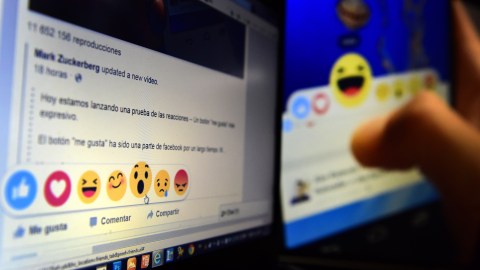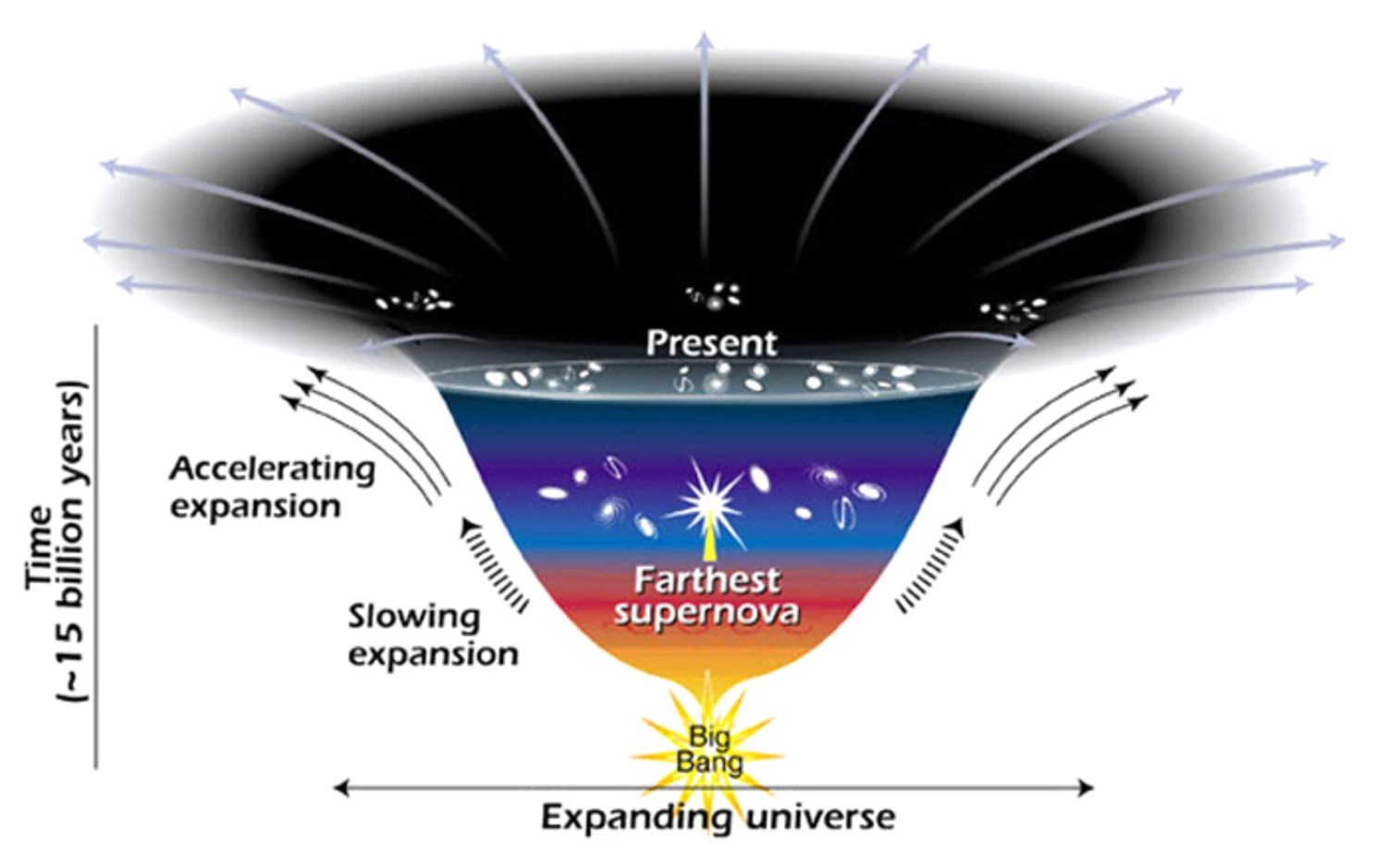Want to be Happy in 2017? Get Off Facebook.

Facebook may be making you miserable. If you are aiming to feel more satisfied in 2017, it may be time to log off of the world’s most popular social network.
“[I]t was demonstrated that taking a break from Facebook has positive effects on the two dimensions of well-being: our life satisfaction increases and our emotions become more positive. Furthermore, it was demonstrated that these effects were significantly greater for heavy Facebook users, passive Facebook users, and users who tend to envy others on Facebook.”
This is according to The Facebook Experiment: Quitting Facebook Leads to Higher Levels of Well-Being, an article recently published in the journal Cyberpsychology, Behavior, and Social Networking. The article builds on a late 2015 study in Denmark conducted by The Happiness Research Institute where half of the participants quit Facebook for a week. The study found causal evidence that Facebook use can negatively affect our wellbeing.
Are you feeling envious?

The big issue with Facebook use is that it offers endless opportunities for social comparison. It turns out that seeing countless exotic vacation photos and reading about the career accomplishments of your friends and acquaintances may make you feel worse about your current status. Social comparison theorystates that “we determine our own social and personal worth based on how we stack up against others. As a result, we are constantly making self and other evaluations across a variety of domains (for example, attractiveness, wealth, intelligence, and success).”
The Danish study found that the week off from Facebook provided the greatest benefit for three types of users:
1. Heavy Facebook users
2. People who passively use Facebook (mindlessly scrolling, instead of more intentional use)
3. Users prone to envy
“If one is a heavy Facebook user, one should use Facebook less to increase one’s well-being. And if one tends to feel envy when on Facebook, one should avoid browsing the sections (or specific friends) on Facebook causing this envy. And if one uses Facebook passively, one should reduce this kind of behavior.”
50 minutes.

The average American Facebook user spends around 50 minutes a day on Facebook. That’s a significant amount of time. According to the Bureau of Labor Statistics, the average person spends 4 minutes a day on social events, 17 minutes exercising, and 19 minutes reading.
What motivates us to use Facebook?

In 2011, two Boston psychologists wanted to explore what motivates us to use Facebook. They found that:
Facebook use is motivated by two primary needs: (1) the need to belong and (2) the need for self-presentation. Demographic and cultural factors contribute to the need to belong, whereas neuroticism, narcissism, shyness, self-esteem and self-worth contribute to the need for self-presentation.
While there are clear underlying desires (belonging, affirmation) to motivate us towards using Facebook, it seems illogical that users who feel worse after being on Facebook would continue to log in. What is happening?
Forecasting error
How we set out to use Facebook may not always be how we actually act when logged in. Affective Forecasting is the term for predicting how we will feel in the future, which is highly relevant to our Facebook use. It feels good to connect with friends, and Facebook provides this ultimate gateway. The problem is that once we go through the gate, we do less connecting and more social comparison.
Facebook is the ultimate hack: it taps into intense human desires and continues to grow even when many its users report reduced wellbeing after being on the social network. Facebook benefits from our inability to properly forecast how we will use it.

New Year’s Resolutions are all about starting the year off right, feeling better, and being more productive. If you are the type of person who gets sucked into social comparison, 2017 may be the year you logged off. As a bonus, you will gain over 300 hours of time.
—



